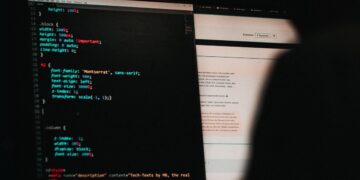
Shruti and Ashish are both 40 years old. The working couple likes to maintain a good standard of living, splurging once in a while on things they enjoy. Their primary savings are in ELSS and PPF for tax saving under Section 80C. However, the couple has been dipping into these long-term savings every time they need a lump sum to meet large expenses, such as admission costs for their children and Shruti’s sister’s wedding. They feel that it is perfectly fine to use these funds in times of need. They are sure they can catch up and contribute more to their equity funds and other long-term savings when their income is higher. What are the implications of their way of of handling the finances?
Shruti and Ashish are making the mistake of using their long-term savings for their short-term expenses. By doing this, they may be putting their long-term, important goals, such as retirement and education of their children, at risk. When they pull out money early from their savings, they are losing out on the benefits of compounding of returns on their investments, which would have become a bigger component of their overall corpus over time. For the benefit of compounding to work, the funds must remain invested for a long period. When they withdraw funds for their short-term expenses, they are denying this advantage to their investment.
If their intention is to contribute when their income is higher, the amount will have to be much higher than that they have withdrawn in order to compensate for the loss in compounding. Their commitments and situation at that time may not allow the higher contribution. Unless the couple is sure that they will have the income and intent to make up later, it is best not to touch their long-term savings. If Shruti and Ashish are not able to find the savings for their short-term requirements, it indicates a situation of poor budgeting or that they are aspiring to a lifestyle beyond their means. A financial plan will help them see their short- and long-term goals realistically in light of their ability to save. It will enable them to prioritise their goals while allocating their savings, based on urgency. It will help them know the implications of allocating more of their savings to short-term, discretionary expenses, on the more important, long-term goals. It will probably encourage them to change their spending and saving habits so that their financial security is not at risk.
Content on this page is courtesy Centre for Investment Education and Learning (CIEL).
Contributions by Girija Gadre, Arti Bhargava and Labdhi Mehta.
Source Link














